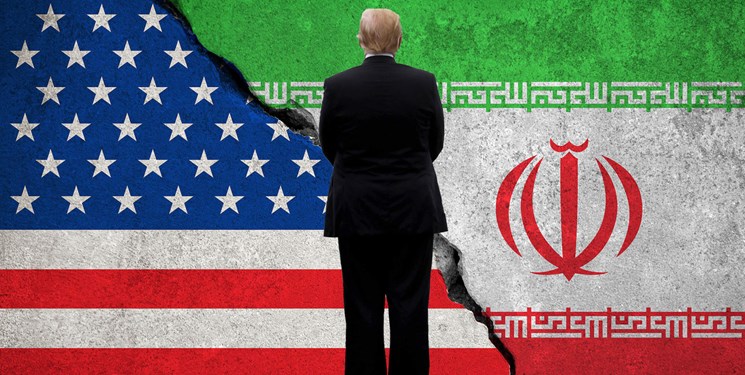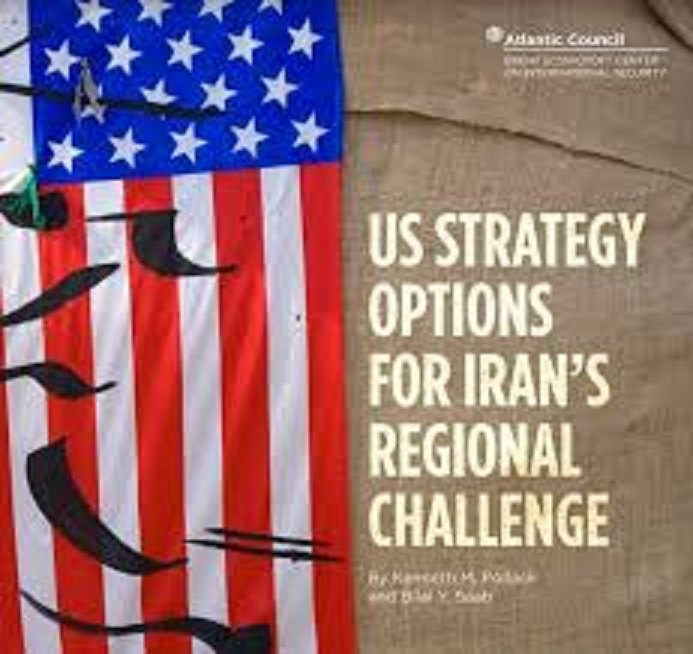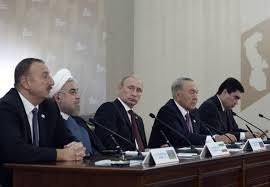Russian Policies towards the Middle East

Mahdi Shapuri
Russian approach towards the Middle East is appreciated within the framework of pragmatism. This approach is based upon a high level of flexibility and dynamism, in such a way that in many cases inclines towards opportunism and complicates prediction of Moscow acts around the region.
Boosting of Russian presence in the Middle East after the developments pertaining to the Arab Spring did not make any change in its regional approach. Besides, Russia lacks a long term strategy or plan for the region and a sort of short run pragmatism with a high degree of flexibility governs their behavior and acts.
There is no permanent ally for Russia in the region. All its coalitions in this region are temporary and dependent on the circumstances. This approach fits with Russia’s limited sources, its interests in the Middle East and regional dynamisms.
Russian officials think that in actual circumstances of the region they could act in a way that without bearing much costs, gaining optimal interests while repulsing threats against their national security is possible. Due to a high level of instability and dynamism of friendship and hostility pattern in the region as well as existing various ethnic, religious and political gaps, the Russian approach towards this region could be useful to a vast extent. However if the region faces stability and a specific order, it would be difficult for Russia to use this approach and thus, returning to the past and distancing from the Middle East would be a possible option in the Russian foreign policy. Providing Saudi with arms, cooperation with the state in the energy sector especially in adjusting oil price at the world markets, cooperation with Riyadh in agricultural field, absorbing foreign investments from this affluent kingdom, and bringing Riyadh’s views on Syria closer to that of Moscow are among fields of cooperation Russians pursue in their ties with Saudi.





